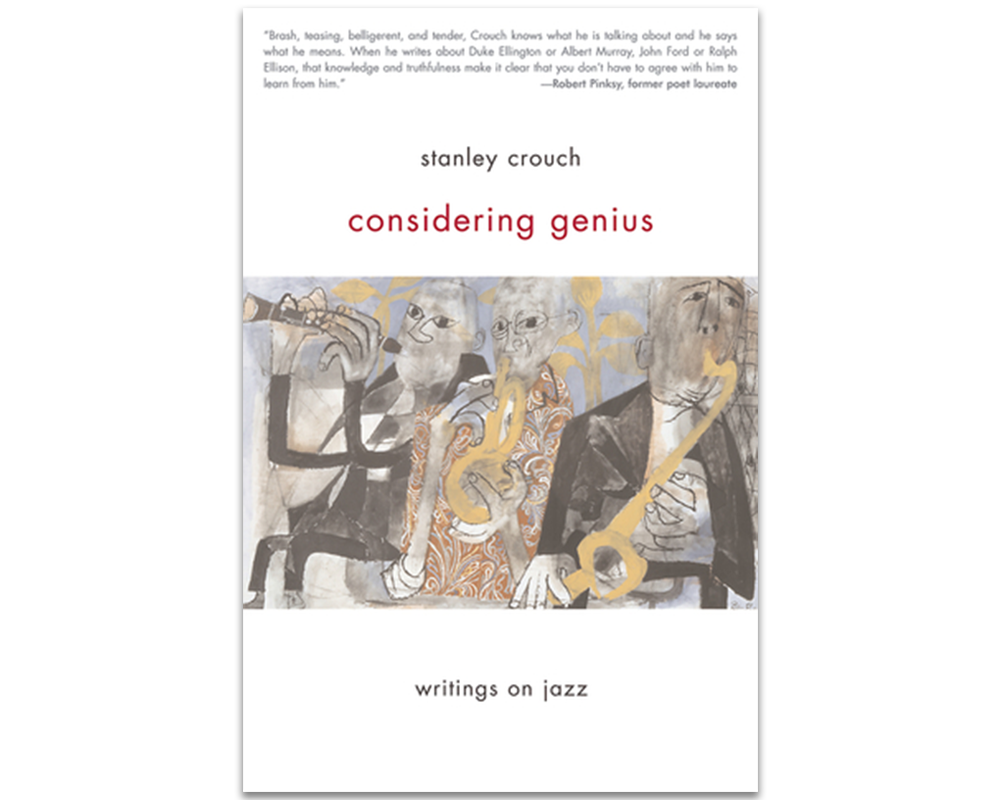
[T]hat is what you do when you breathe, you trespass,
again and again you trespass on the world.
— Karl Ove Knausgaard, My Struggle, Book One, p 341.
Zach Barocas, Diasporist Diarist

[T]hat is what you do when you breathe, you trespass,
again and again you trespass on the world.
— Karl Ove Knausgaard, My Struggle, Book One, p 341.

The rhythm unit gives emotional and artistic coherence to the very shape of the tempo and the pulsation — the statement and the interpretation of the meter itself, the underlying, syncopated divisions of motion through musical space — the time.
— Stanley Crouch, Considering Genius, p 106.
Music is of G-d…, and music is with G-d, and music is how G-d expresses Him- or Herself, and music is everywhere, and music is a crafty art and is completed in places inside us, in the impossible-to-locate precincts wherein there is access to feelings that we might otherwise ignore.
— Rick Moody, “On Celestial Music“
I think audiences are hipper than musicians think they are. They wouldn’t be there if they didn’t want to hear some music, so you don’t have to con them into believing that this music is great.
A piece on Christianity in contemporary fiction in last week’s New York Times Book Review mentioned Flannery O’Connor’s “Parker’s Back” and subsequently sent me to my bookcase. I pulled Ms O’Connor’s Complete Works from the shelf, checked the index, and marked the story with the book’s ribbon. My apartment is small enough and the books organized well enough that the entire process took less than one minute. To read it took a good deal longer, not least because I have learned to read slowly but mostly because “Parker’s Back” is a frightening story about a man whose apparently misplaced faith yields cyclical resentment and crisis. Mr Parker’s judgment is not what we generally think of as “sound.” It’s an extraordinarily dense work, covers a great deal of time and space in fewer than 20 pages.
Another option under these circumstances might have been to search Wikipedia for the story, where one would find a synopsis of the work that not long ago would have met the inadequate-for-all-but-testing standards of Cliff’s Notes, and from which one might glean a vague idea about faith and identity, class and fervor, failure and aggression – at least enough to cover oneself at a cocktail party should the conversation veer into The American South.
Choosing the second option, I would experience only the shame or pride of passing muster at a cocktail party, nothing of Ms O’Connor’s work, nothing of the possibilities, depth, or range of human belief and expression. That this second option has become the norm is not an argument between reading or not reading nor exactly an argument between knowing and not knowing.1
I sense that in the last several years, these two phenomena, the concession to brevity and the experience of knowing a subject or object thoroughly, have become, in many instances, practically interchangeable.2We have come to trust the brevity of our exchanges, to assume a glance and a longer look are equivalent, because we are so rarely asked to take the longer look, to digest the experience before reporting on it, to have the courage to form a relationship with a work, our own or someone else’s, without fear of missing out on something else. We spend increasingly more time scanning short, discrete expressions in anticipation of meaning if not relation. I think we suffer for it, too.
My choice, as it happened, will not be unusual to anyone who has in the course of their life assembled a personal library, a large or small collection of books or other analog materials whose presence in one’s home serves both as reference and affirmation of one’s identity and sociability. Unlike the material in the current climate of electronic reading, these collections share our space with us, as do our friends, family, collaborators, guests, and co-workers. Books can be passed around with ease, unbound as they are to any proprietary format or device, and in so doing grant our presence to the receiver’s home or travel or wherever they might take the book in question. I’m open to but not aware of instances where digital media — files, that is — provide the same sense of intimacy. There are, no doubt, exceptions but as I say, they’re not part of my experience.
I should add, for what it’s worth, that I am not a Luddite. I’m typing this on an iPad Mini, a device for which my fondness so far extends beyond its novelty and from which, earlier today, I streamed Tarkovsky’s Nostalghia to my television. I embrace such devices for what they can do but remain skeptical about their ability to replace the tactile relationship I have with my books. I am certain that this skepticism is not unique, nor is it limited to books. I have, for example, a similar relationship with records and CDs.
Perhaps it’s a generation gap but I doubt it. I know younger people, aged 25-30, give or take, who prefer vinyl or CDs to MP3s, theatrical moviegoing or DVDs (or even VHS tapes) to streaming. They’re picking up, I think, on the culture surrounding these activities and formats, which is essentially social and in-hand, and perhaps more importantly, has a history from which they can learn and grow and to which they can contribute.
Additionally, too much convenience and too many choices can be paralyzing. Sometimes the extra effort it takes to find a rare or elusive work in order to share it in person makes the experience more memorable or valuable. This is not to say none of us have benefitted from contemporary electronic correspondence, exchange, or collaboration. It is, however, to suggest that these latter relationships and their outcomes will likely remain fixed on their speed and superficial variety until such time as they resolve in a physical proximity.
In any event, “Parker’s Back” is a wonderful story and worth a read. If you don’t have Ms O’Connor’s stories handy, you can read it at Doral Academy Preparatory High School’s site.
I don’t think there’s any particular harm in not knowing Ms O’Connor’s work nor do I think there’s any particular harm in cocktail parties. I do, however, think there’s a distinction worth making between knowing something because one believes it is worth knowing thoroughly and knowing about something in order to get over in a social situation.↩
In fact, of course, they are not: the stages of a thoroughgoing learning process could be described as something like introduction, acquaintance, apprehension, understanding, and synthesis. Gleaning, I think, precludes most of these steps.↩
The band became a more abstract entity, a community. And while individual band members might shine and take virtuosic turns, their identities became submerged within the group. It might seem paradoxical, but the more integral everyone was, the more everyone gave up some individuality and surrendered to the music. It was a living, breathing model of a more ideal society, an ephemeral utopia that everyone, even the audience, felt was being manifested in front of them, if only for a brief period.
– David Byrne, How Music Works, pp 48-49.
Often we receive grace without knowing it, and often we do not know it because when grace comes, we are already joyful or resilient or serene, or in another good state that grace brings.
Andre Dubus, “Grace,” Meditations from a Movable Chair.

Years ago, he used to catch himself thinking about what he was playing, conscious of his own technique, and while this distracted it also reassured because it meant that in between these spasms of self-consciousness he had simply been playing — and he played best when least conscious of what he was doing. At a certain point, playing became a wild amnesia of technique.
— Geoff Dyer, But Beautiful: A Book About Jazz, p. 174.
The various reductions I have been describing are fairly directly the results of the ongoing revolution of applied science known as “technological progress.” This revolution has provided the means by which both the productive and the consumptive capacities of people could be detached from household and community and made to serve other people’s purely economic ends. It has provided as well a glamor of newness, ease, and affluence that made it seductive even to those who suffered most from it. In its more recent history, especially, this revolution has been successful in putting unheard-of quantities of consumer goods and services within the reach of ordinary people. But the technical means of this popular “affluence” has at the same time made possible the gathering of the real property and the real power of the country into fewer and fewer hands.
What Are People For?, 185-6.
[O]ur present-day concert life, whether “classical” or “popular,” in which the “talented” few are empowered to produce music for the “untalented” majority, is based on a falsehood. It means that our powers of making music for ourselves have been hijacked and the majority of people robbed of the musicality that is theirs by right of birth, while a few stars, and their handlers, grow rich and famous through selling us what we have been led to believe we lack.
— Christopher Small, Musicking.
By which Mr. Small means, at least: it’s already in you so make your noise.